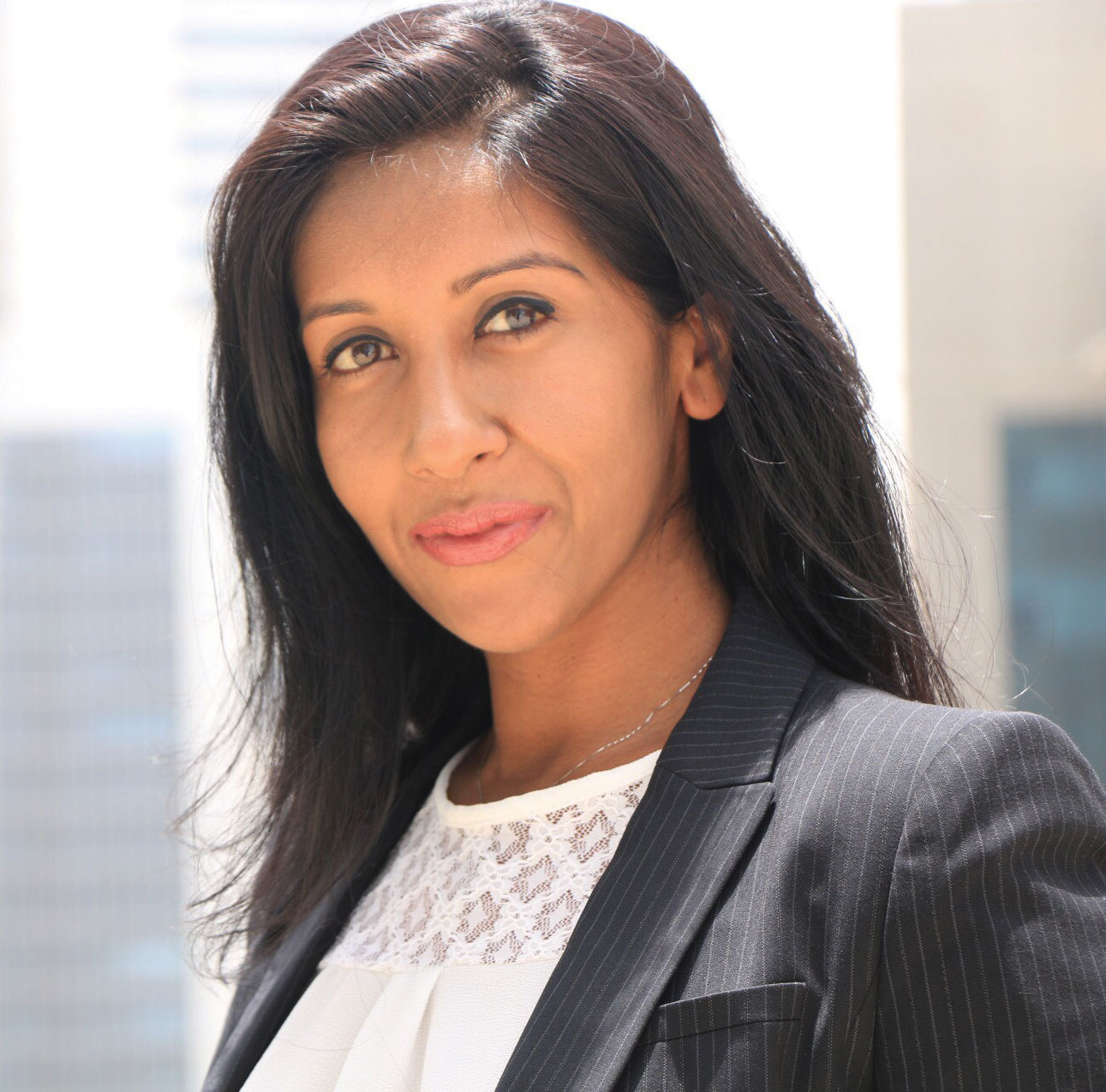Rare disease in Malaysia is defined by the Malaysian Rare Disorder Society (MRDS) as a disease that affects less than 1 in 4000 individuals in a community. One example is Spinal Muscle Atrophy (SMA), a genetic condition that affects nerve cells and impacts muscle movement. Treatment options are few and extremely expensive, ranking them among the world’s most expensive drugs.
In a recent webinar moderated by Audrey Raj, radio presenter at BFM89.9, and hosted a panel of Ms. Roshel Jayasundera, Senior Director of Global Consulting, Axios International, Mr. Edmund Lim, Founder of We Care Journey and Ms. Rebecca Stewart, CEO of RARE Revolution Magazine, a call was made for the healthcare sector to come together in designing equitable healthcare access for the rare disease community in Malaysia. At a convened webinar titled “Living with Rare Disease: Redefining Sustainable Healthcare Access for Rare Disease Patients in a Pandemic”, pioneering healthcare access company Axios International discussed the roles of key healthcare stakeholders in shaping sustainable healthcare access solutions for rare diseases, a key area of concern for patients grappling with their disease burden alongside the knock-on effects of the pandemic.
“In a rare disease, the burden of disease extends beyond the physical illness—it includes access to healthcare, meaningful employment, dealing with stigmatization and more”, said Mr. Edmund Lim, whose son was diagnosed with Spinal Muscular Atrophy in 2011. This spurred Mr. Lim to founded We Care Journey, and he has since been championing for change to satisfy the significant unmet needs of the SMA and rare disease communities in Malaysia.
“Oftentimes, people forget about the patient community. It’s not just about getting the drug, but what you do with it,”
The needs of the rare disease community in Malaysia are not unheard. Under the Malaysian National Medicines Policy (MNMP), enhancing the accessibility of life-saving products and orphan medicines without compromising safety, quality, and efficacy of the medicines has been identified as an area of improvement by Malaysia’s Ministry of Health.
“While the rare disease community may seem large, it consists of multiple rare diseases with few patients. When there is little understanding of a disease, there’s little to guide clinical decision making. There are challenges to diagnosing the disease and supporting the associated lifelong disease burden, which in turn affect the access and adherence to treatment,” said Ms. Roshel Jayasundera on addressing the challenges of rare disease management.

“Covid-19 has highlighted the gap in care delivery outside the hospital. What happens to patients when they walk out of the clinical setting? As health leaders building roadmaps to the future, we should expand upon who we envision are stakeholders and participants in this process. To be truly patient-centric, it is critical for all stakeholders to understand the patient journey and ensure patient needs are kept in mind from the design of an access strategy to its execution.”
“Raising awareness on rare disease must hedge on commonalities; regardless of condition, the rare disease community faces challenges in access to expertise, healthcare, medicines, education, meaningful work experiences, social work support and more. By discussing how these issues affect the community, we can help the public understand the bigger picture of the burden of rare disease”, said Ms. Rebecca Stewart, an advocate for collaborative rare disease management over the last 8 years.
“Any access solution, whether it’s access to diagnosis or treatment should be designed keeping the patient journey in mind. Healthcare solutions are meant to benefit the patient, we need to understand what these patients really need and take that into account while designing solutions,” said Jayasundera on involving rare disease patients in the design of healthcare delivery systems.
Axios International is currently in talks with partner stakeholders in Malaysia to develop holistic patient support programs for rare diseases such as Spinal Muscular Atrophy. Amidst the pandemic, which has been a significant accelerant for enabling care outside of the hospital setting, Axios is also working closely with stakeholders to develop effective partnerships for the delivery of non-hospital care to build healthcare access for patients in Malaysia and the wider region.
Pioneering healthcare access company Axios International issued a call today for the healthcare sector to come together in designing equitable healthcare access for the rare disease community in Malaysia. At a convened webinar titled “Living with Rare Disease: Redefining Sustainable Healthcare Access for Rare Disease Patients in a Pandemic”, Axios International discussed the roles of key healthcare stakeholders in shaping sustainable healthcare access solutions for rare diseases, a key area of concern for patients grappling with their disease burden alongside the knock-on effects of the pandemic.
The webinar was moderated by Audrey Raj, radio presenter at BFM89.9, and hosted a panel of Ms. Roshel Jayasundera, Senior Director of Global Consulting, Axios International, Mr. Edmund Lim, Founder of We Care Journey and Ms. Rebecca Stewart, CEO of RARE Revolution Magazine.
 Roshel Jayasundera
Roshel Jayasundera
Senior Director of Global Consulting, Axios International
 Mr. Edmund Lim
Mr. Edmund Lim
Founder of We Care Journey
 Ms. Rebecca Stewart
Ms. Rebecca Stewart
CEO of RARE Revolution Magazine
 Audrey Raj,
Audrey Raj,
radio presenter at BFM89.9


